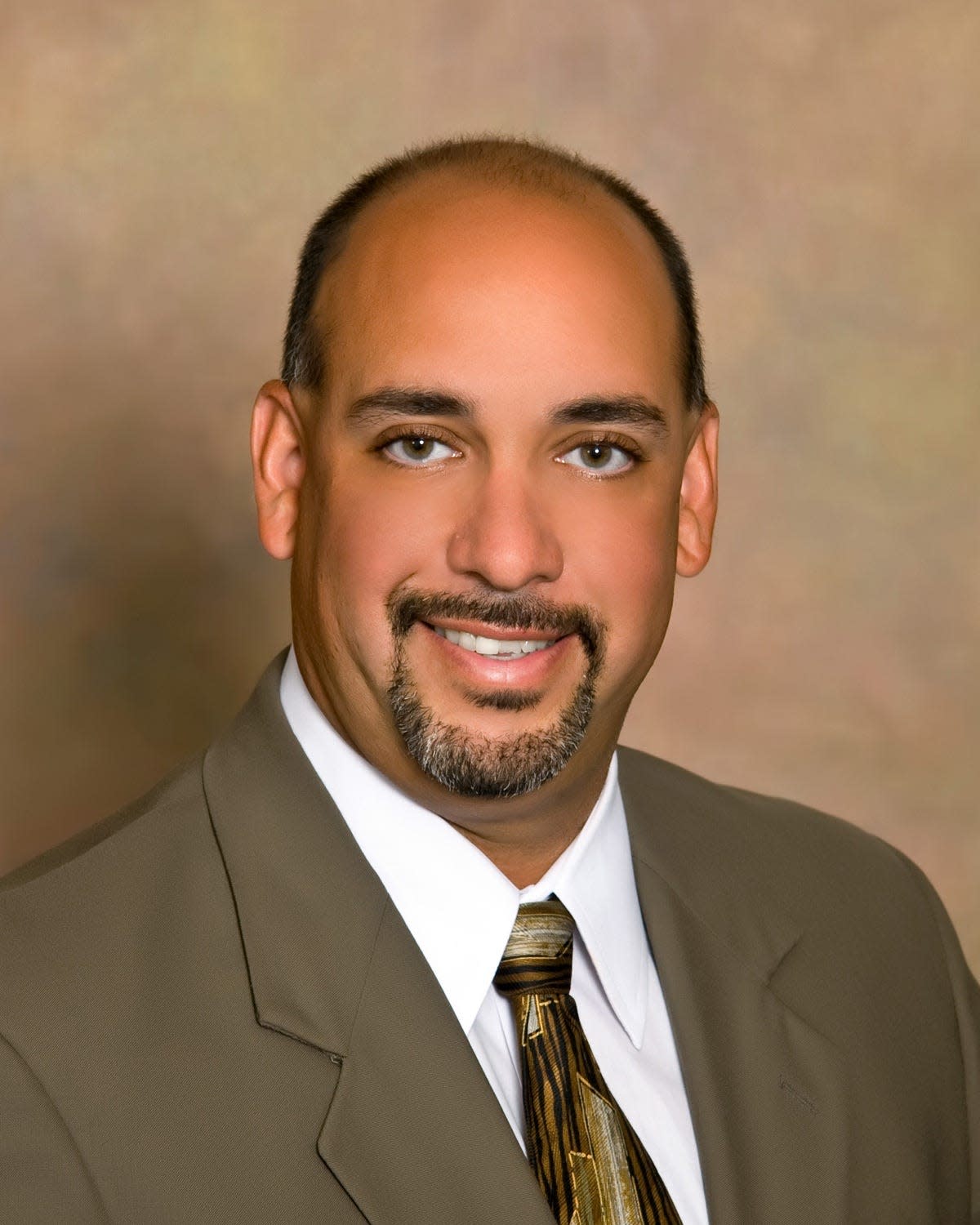James Contini column: Learning about Health Savings Accounts

Health savings accounts (HSA) can be used by employees of a business who have an insurance plan with a high deductible. These HSAs have become a very popular tool for employees to use. A health savings account is an investment that is similar to a bank account that allows individuals to deposit money in order to use the funds in the account to pay for various healthcare items later in life and usually at retirement. The individual who establishes the health savings account is the owner of the account and has control of the assets in the health savings account.
One of the largest benefits of a health savings account is that the funds can be added to the health savings account pre-tax and the earnings on the account are not taxed either. For example, you can have your employer withhold funds from your pay check before taxes are taken out, similar to a 401k.
In order to be able to utilize a health savings account, an individual must have a high deductible health insurance plan. For the calendar year 2022, the high deductible amount for an individual is $1,400 and for a family it is $2,800. These are the minimum deductibles in order to qualify to be able to use a health savings account.
For the calendar year 2022, individuals with high deductible health plans are permitted to deposit up to $3,650 into a health savings account. Individuals who have family insurance plans are able to deposit up to $7,300 into their health savings account in 2022. If the individual is aged 55 or older, then the individual can deposit up to $1,000 more into their health savings account. This is known as an HSA catch-up contribution.
In addition, individuals can contribute to a health savings account so long as they are not on Medicare either. When one has a health savings account, he/she needs to make sure that they have named a beneficiary on that health savings account as well.
The use of a health savings account can be very beneficial in your retirement years.
Withdrawals from a health savings account are tax free so long as they are used for qualified healthcare matters. Health savings accounts can be used for health matters such as deductibles, dental expenses, vision expenses, Medicare premiums, hearing aids, office visit co-payments, hospital bills, and prescription expenses to name a few.
Therefore, please contact your employer to determine whether or not you are permitted to utilize a health savings account and, if you do, you may wish to begin using that health savings account as a retirement planning vehicle. The HSA funds are deposited income tax free, can earn income that is income tax free, and then be used for various medical expenses in your retirement years.
NOTE: This general summary of the law should not be used to solve individual problems since slight changes in the fact situation may require a material variance in the applicable legal advice.
Attorney James F. Contini II is a certified specialist in estate planning, Trust & Probate Law by the OSBA. He is with the firm Krugliak, Wilkins, Griffiths & Dougherty Co. LPA in New Philadelphia.
This article originally appeared on The Times-Reporter: James Contini column: Learning about Health Savings Accounts

